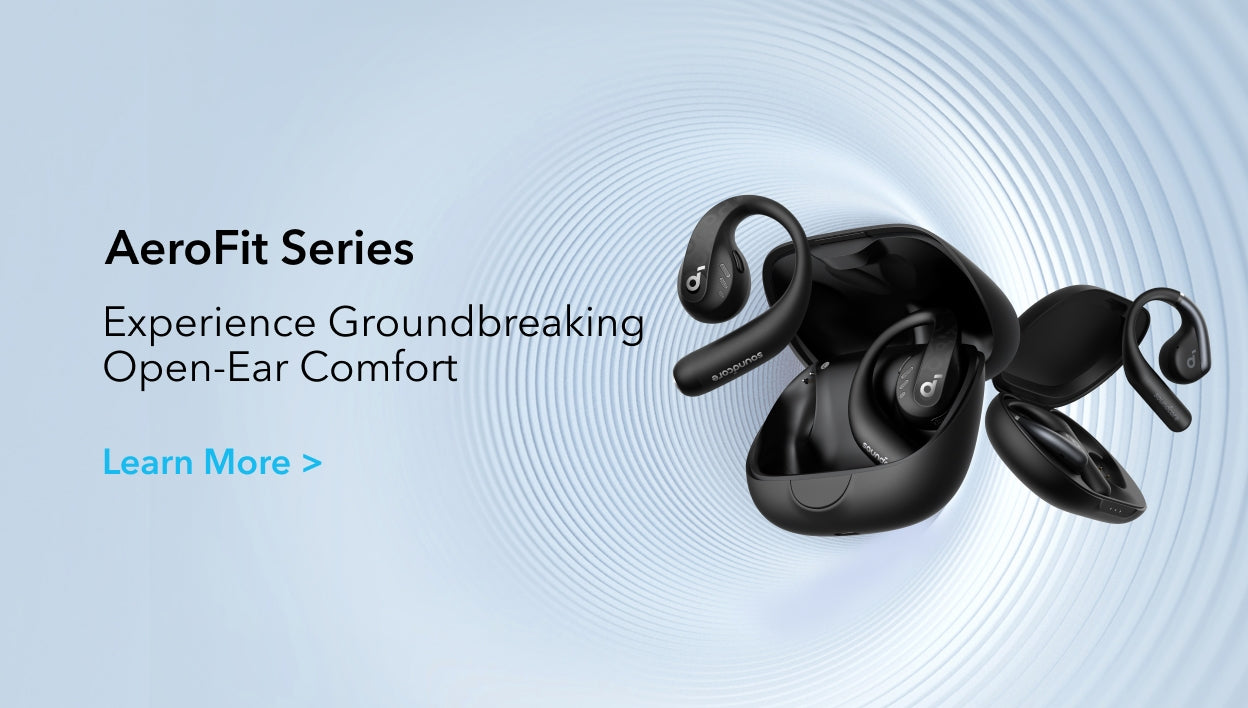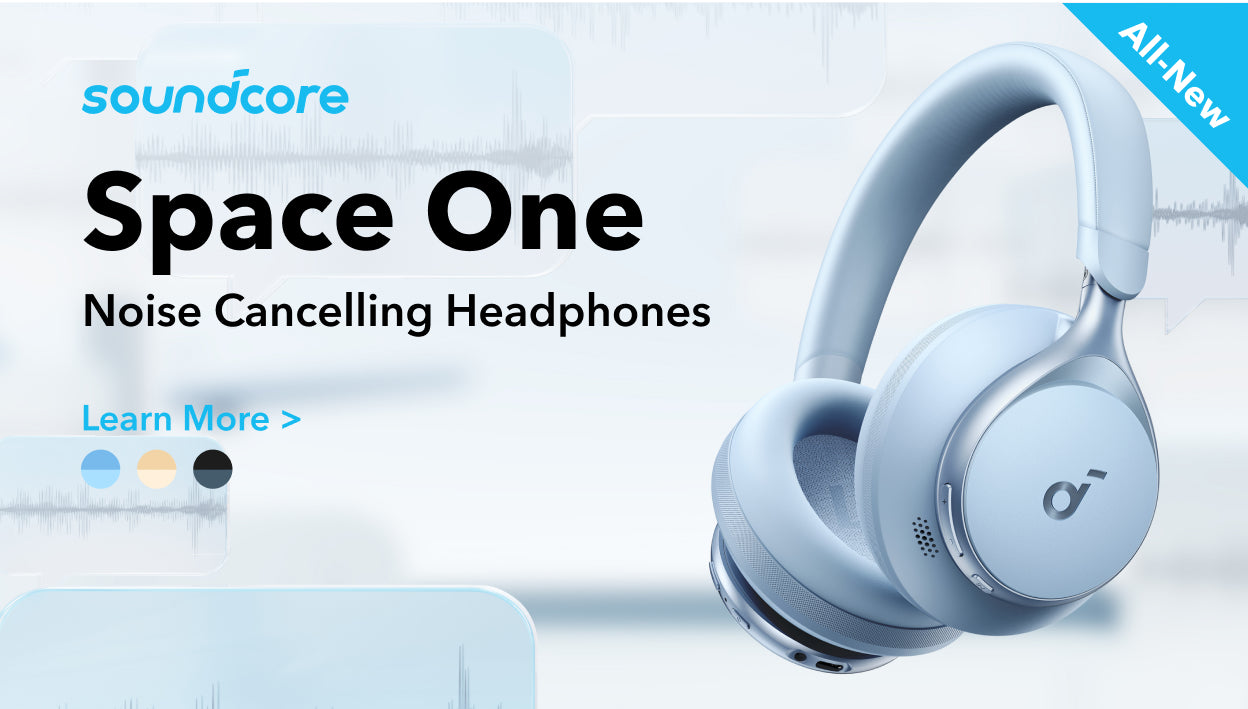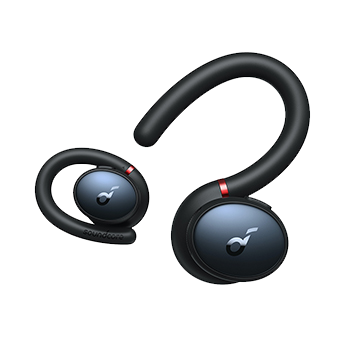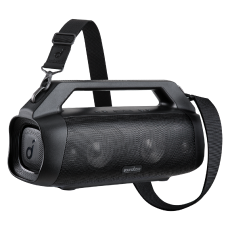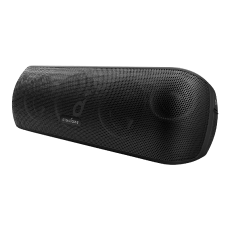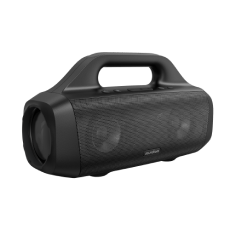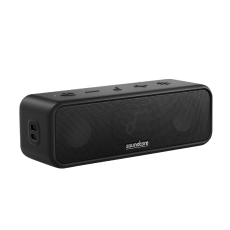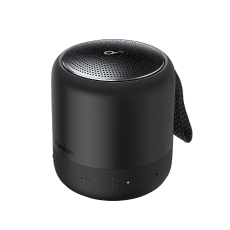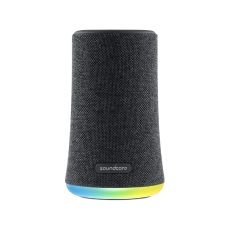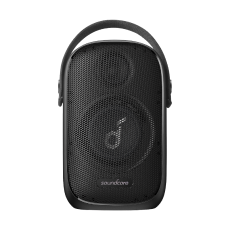Imagine that you are doing something you enjoy, such as listening to your favorite song, watching your favorite movie, or playing your favorite game. Suddenly, you notice that the lip movement of the speaker doesn't quite match up with the time you hear the words through your headphones. Isn't it frustrating that this keeps happening? The reason for this to happen is the delay in sound transmission when using Bluetooth.
This article will outline why Bluetooth headphones delay occurs, what factors cause it, and various troubleshooting techniques that can be used to fix this issue. So, let's figure out exactly how to fix sound delay on Bluetooth headphones.
Why Is There a Delay on My Headphone?
It is necessary to understand latency before digging into the causes of delay when using headphones. Latency refers to the time it takes for audio data to travel from its origin (mobile device, television, game console, or personal computer) to its destination (earphones, headphones, or speakers).
Bluetooth latency for fully wireless headphones can range from 100 to 300 milliseconds, with a 34-millisecond ideal delay (aptX Low Latency). Each link in a Bluetooth audio chain has a transmitter and receiver. This audio transmission "travels" with a certain bandwidth.
Bandwidth is the road, and audio file size represents the traffic. When traffic exceeds road capacity, jams form (more time is required to complete the transmission), and if there isn't enough bandwidth to transmit a large audio file (lossless audio), audio stutter and lag will occur.
Factors That Could Lead to The Phenomenon
There are four causes behind the noticeable sound delay that occurs when you put on headphones.
1. Interference
Interference refers to unwanted frequency signals that can hijack and disturb the clean signal transmitted between the audio source and your Bluetooth headphones. Because it relies on radio frequencies, interference can easily disrupt the signal.
Wireless objects like a wireless mouse, WiFi, TV, and other radio-frequency devices may interfere with Bluetooth.
2. Bluetooth Codec
Bluetooth Codec is an algorithm that compresses, encodes, and decodes digital audio data. During compression, it reduces the audio file size (so it doesn't use too much bandwidth) and encodes it for transmission. Next, it takes those compressed data and decodes them so that they can be transformed into an audio signal we can hear.
The device and headphones both have codecs. And each codec has its own pros and cons. The Bluetooth headphones' codec should match the source device's codec. If the codec is not matched, then the configuration will immediately revert to SBC(basic codec with the lowest audio quality), which is prone to audio delays.
3. Bluetooth Version
Bluetooth has been around since 1999 in version 1.0; it's now at version 5.3. Data volume, transfer speed, and energy efficiency are improved with each new iteration.
Bluetooth works backward. So, Bluetooth 5.3 version can also work with Bluetooth 4.2. When a pair of Bluetooth 5.3 headphones like the Space Q45 by soundcore is paired with a Bluetooth 4.2 device, we can only utilize the features of the lower Bluetooth version, which will limit its performance, and the audio output of your Bluetooth headphones will eventually have a higher latency.
4. Distance From Source to the Receiver
You can only travel a certain distance away from the audio source before you start losing connection and experiencing choppiness in what you're listening to. The range of most modern Bluetooth headphones is 10 meters; if you go further than this distance, the audio will become choppy or delayed. Moreover, obstacles like walls and doors may affect the listening experience.
How to Fix It
Here's how to reduce sound latency in Bluetooth headphones that you can try.
Reset & Reconnect Bluetooth Device
Sometimes the simplest solution works best. Reset your Bluetooth headphones, then try to pair your Bluetooth headphones with your audio device again. If this succeeds, audio synchronization will improve. Resetting headphones unpairs all devices. This fixes most Bluetooth headphones and pairing problems.
Get the Newest Bluetooth Driver in Windows Devices
Outdated software drivers can cause audio latency in Bluetooth headphones. See below on how to reduce latency on wireless headphones by updating the driver:
- Right-click the Windows Start button and select "Device Manager".

- Click the arrow beside "Bluetooth" to open the dropdown list

- You'll see all of your computer's Bluetooth devices. Right-click the Bluetooth headphones' name.

- Click "Update driver" and follow the on-screen instructions to update the driver to the latest version.

Choosing the Appropriate Audio Codec
Match the codec of your headphones to the codec of the audio source. You'll have the best wireless iOS listening experience if your headphones support the AAC codec. Meanwhile, Android supports aptX LL and aptX HD, and you will have a better listening experience with your Android device if your headphones support those two codecs.
Match the Bluetooth Audio Profile of the Source and the Headphone
Different Bluetooth versions on the source and receiver cause audio delay. Both the source and receiver should support Bluetooth 5.0 to take benefit of higher bandwidth and features.
FAQ
Do All Bluetooth Headphones Have Latency?
Yes, there is a delay in all Bluetooth headphones. Due to the necessity of encoding and decoding audio data during transmission and reception, Bluetooth headphones cannot achieve zero latency. No matter what you do, there will always be a cause for this process to be delayed.
Does Bluetooth 5.0 Have Less Latency?
Yes. One big benefit of Bluetooth 5.0 is that it has a lower latency than previous Bluetooth versions. For headphones that support Bluetooth 5.3, such as Space Q45, you can even connect it to two devices at the same time.
What Is a Good Headphone Latency?
Normal audio latency for a wired connection is between 5 and 10 ms. Bluetooth latency can range from an ideal 34 ms(aptX LL) to 100–300 ms.
Conclusion
Since you are now aware of the factors that cause headphone latency, you can take steps to reduce them. If you're suffering audio delay, you can follow some of the suggestions above on how to fix sound delay on Bluetooth headphones.




